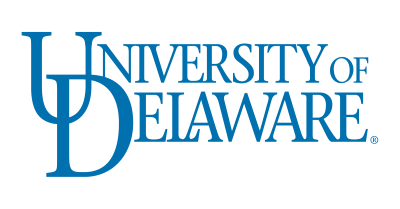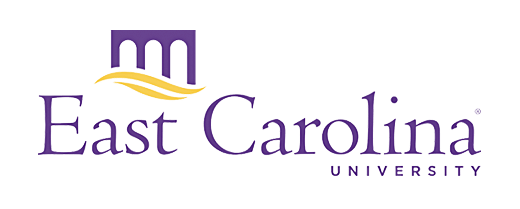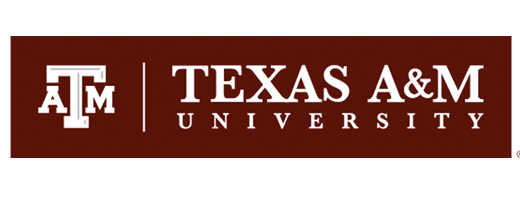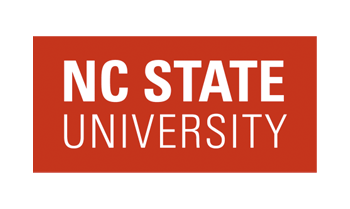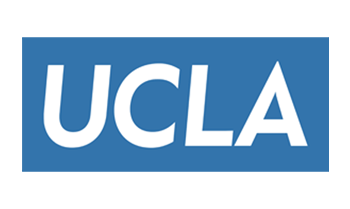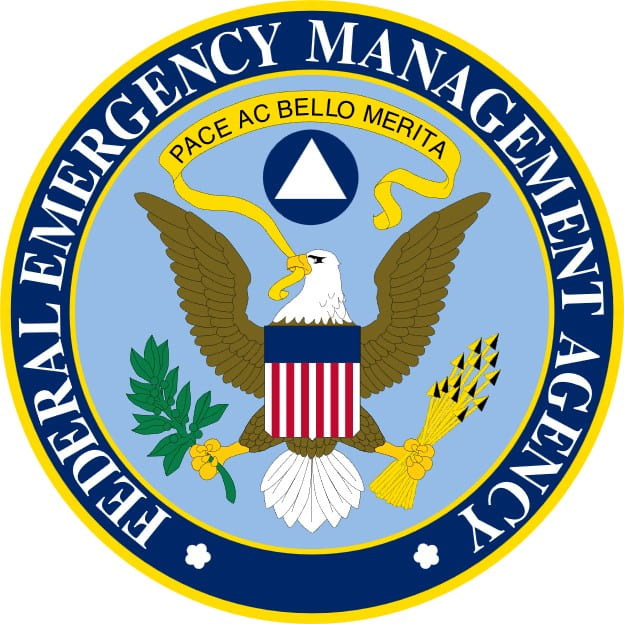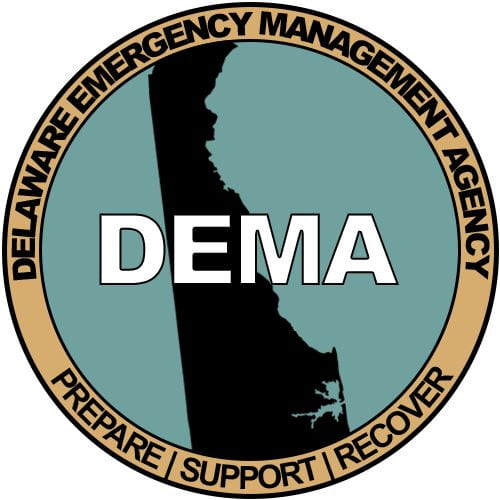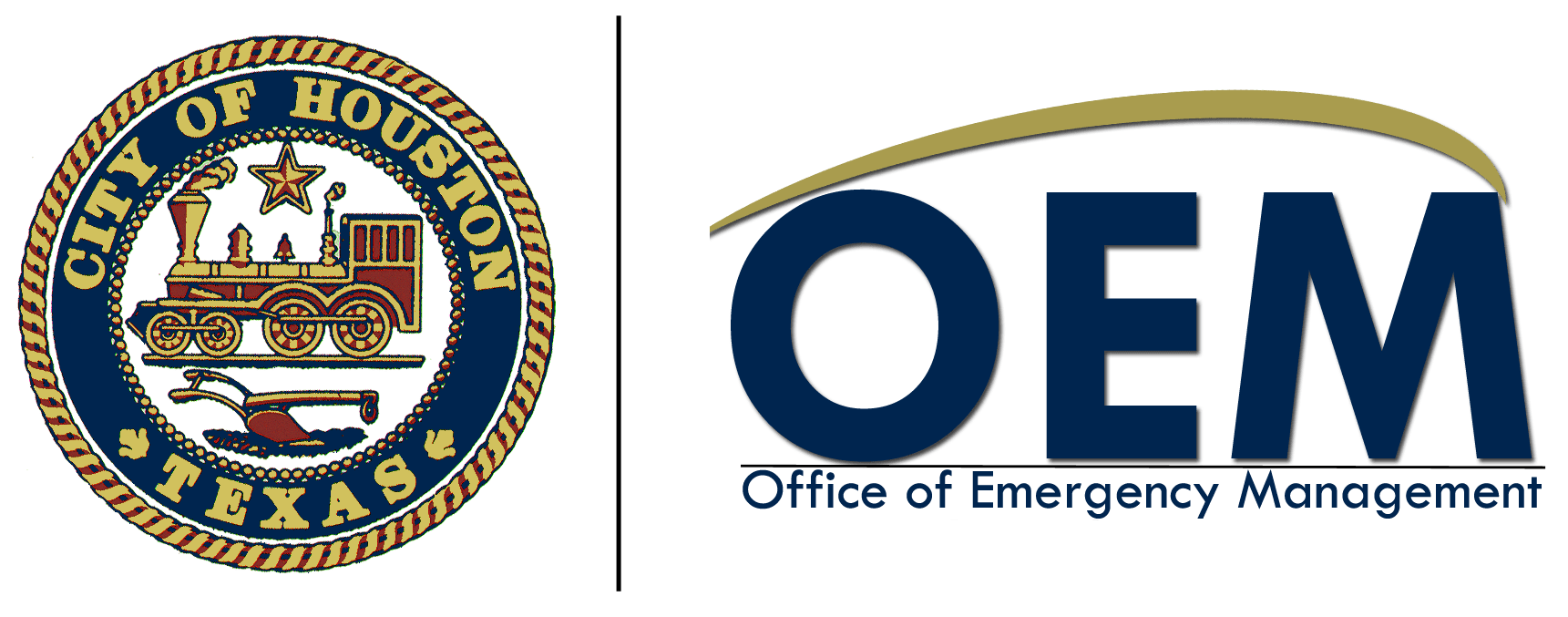Our Partners
Achieving the CHEER Hub’s goals requires engaging with a diverse group of partners. If your organization is interested in becoming a CHEER partner, please reach out to us today!
Our Partnerships
Partnerships are an integral component of the CHEER Hub. We work with education partners, non-profit organizations, governments, and our case study areas to build more resilient coastal communities.
Core Universities
The CHEER Hub is comprised of researchers, postdocs, and students from 12 universities across various disciplines, including atmospheric sciences, risk modeling, systems engineering, hydrology, public policy, sociology, economics, wind engineering, geospatial data science, urban planning, coastal oceanography, and program evaluation.
Community Partners
Community partners are helping to describe the lived experiences, coping mechanisms, and decision-making processes of community members to ensure the CHEER policy analysis tool is based on community-defined parameters of loss and to ensure it will support community members in making well-informed decisions to manage their risks. Partners are located in the three case study areas–eastern North Carolina; Port Arthur, TX; and Houston, TX.
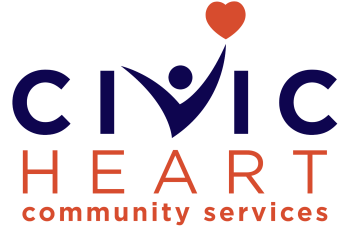

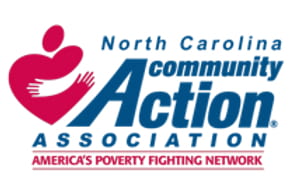


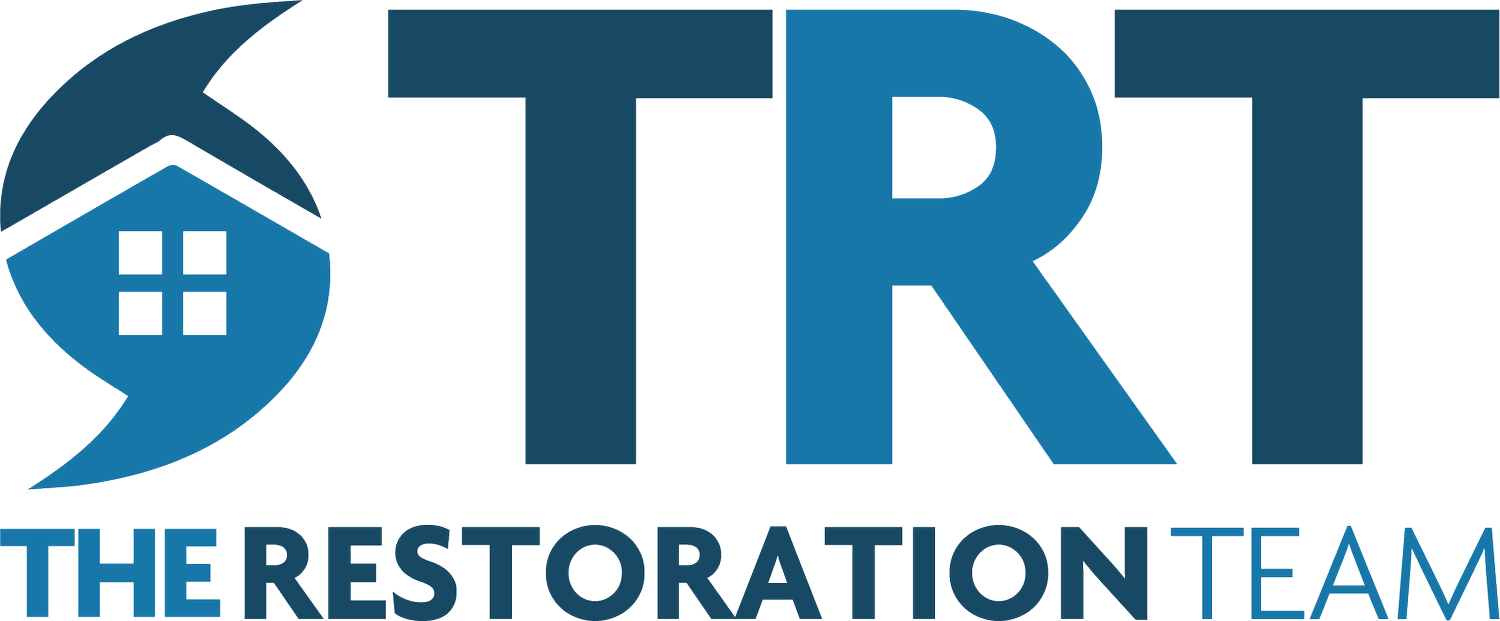
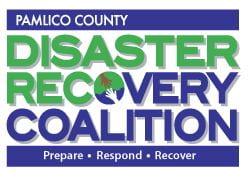
- Civic Heart Community Services: A social services organization in Houston, TX that takes a holistic approach to providing programs and services to vulnerable and disadvantaged populations in Texas.
- North Carolina Community Action Network: Non-profit organizations reaching children, families, and the disabled with life-changing services that create pathways to self-sufficiency and independence. They were created by the Economic Opportunity Act of 1964, which embodies the philosophy that low-income individuals can best identify the issues their communities face and develop solutions to resolve them.
- CARES of New Bern: A grassroots organization that works to raise awareness about community concerns in New Bern, including but not limited to flooding and hurricane preparedness.
- Texas Access to Justice Foundation: The leading funding source for legal aid in Texas, committed to the vision that all Texans, regardless of income, will have equal access to the civil justice system.
- The Restoration Team: Home repair and disaster response non-profit organization in Houston, TX, dedicated to assisting families whose homes have been damaged in hurricanes, floods, or other natural disasters.
- Pamlico County Disaster Recovery Coalition: A community-based organization in North Carolina that supports Pamlico County residents’ and government officials’ response to disasters.
- Coastal Community Action: Part of a nationwide, federally-funded community action movement that empowers individuals, families, and communities toward a better quality of life.
- Equal Justice Works: A national-level organization that offers tailor-made law fellowships for early career attorneys, including working on disaster resilience and housing assistance cases.
Practitioner Partners
Practitioner partners are decision-makers who help make and implement policies and programs addressing housing and mitigation. CHEER is working with them to understand the current decisions the tool may inform and the parameters they consider critical to those decisions.
- United States Department of Housing and Urban Development: The HUD is the federal agency responsible for national policy and programs that address America’s housing needs, improve and develop the nation’s communities, and enforce fair housing laws.
- Affordable Housing Research and Technology Division: This division of the U.S. HUD produces the American Housing Survey (AHS) and sponsors other surveys that involve the cooperation of HUD and the Bureau of the Census. The AHRTV is the primary office involved in analyzing AHS data to support departmental policy-making. The division works with the Census Bureau to support the President’s homeownership initiative through monitoring and disseminating homeownership rates.
- North Carolina Insurance Underwriting Association: The NCIUA, also known as the Coastal Property Insurance Pool, is a tax-exempt association of insurance companies authorized to write and engage in writing essential property insurance coverage in North Carolina. The NCIUA was created by law to act as a market of last resort to provide adequate essential property insurance to property owners having insurable property in the Beach and Coastal Areas of North Carolina.
- Federal Emergency Management Agency: A part of the U.S. Department of Homeland Security, FEMA is the federal agency responsible for leading the nation’s efforts to prepare for, protect and mitigate against, respond to, and recover from the impacts of disasters, including natural hazards.
- Delaware Emergency Management Agency: Delaware’s lead state agency responsible for the coordination of comprehensive emergency preparedness, training, response, recovery, and mitigation services to protect the state’s economic base and reduce the impact of emergencies.
- Houston Office of Emergency Management: The chief coordinating agency for disaster response in the nation’s fourth-largest city. The OEM provides emergency response coordination and communication assistance to city agencies and serves as the liaison to regional, state, and federal agencies during times of emergency.
- Raleigh Stormwater: Raleigh Stormwater collaborates with internal and external stakeholders to identify, communicate, design, and construct stormwater projects, programs, and policies to serve the Raleigh, NC community.
- Insurance Institute for Business & Home Safety: The IBHS is an independent, non-profit scientific research and communications organization that conducts comprehensive research on natural hazards to understand the resilience of various structures in extreme weather conditions. Supported by property insurers, reinsurers, and affiliated companies, the IBHS’s building safety research leads to real-world solutions for home and business owners, helping to create more resilient communities.
- InnSure: InnSure is a non-profit organization dedicated to harnessing the power of the insurance industry to combat climate change by amplifying and accelerating sustainable insurance solutions and innovation. Their approach fosters collaboration between insurance professionals, policymakers, communities, entrepreneurs, risk capacity providers, investors, and stakeholders.
- North Carolina Division of Emergency Management: The NCEM works to enhance the state’s resiliency by actively collaborating, communicating, and coordinating to prevent, mitigate, respond to and recover from disasters. The agency coordinates with neighboring states and the federal government to augment.
- North Carolina Department of Environmental Quality: The NCDEQ is the lead stewardship agency for the protection of North Carolina’s natural resources. The agency administers regulatory programs designed to protect air quality, water quality, and the public’s health. The NCDEQ also offers technical assistance to businesses, farmers, local governments, and the public, and encourages responsible behavior regarding the environment.
- National Association of Home Builders: The NAHB represents the largest national network of craftsmen, innovators, and problem solvers dedicated to building and enriching communities. Operating at the local, state, and national levels, the NAHB works to ensure that housing is a national priority and that all Americans have access to safe, decent, and affordable housing.
- Craven County, North Carolina: Craven County is located in coastal North Carolina. Its county seat is New Bern.
Research Partners
SimCenter and DesignSafe are providing support in hosting databases and tools developed through CHEER, and facilitating their use within the broader research community.


- SimCenter: The Computational Modeling and Simulation Center, also known as the SimCenter, provides next-generation computational modeling and simulation software tools, user support, and educational materials to the natural hazards engineering research community. Their aim is to advance the nation’s capability to simulate the impact of natural hazards on structures, lifelines, and communities.
- DesignSafe: The cyberinfrastructure component of the Natural Hazards Engineering Research Infrastructure (NHERI) collaboration. It embraces a cloud strategy for the big data generated by natural hazards engineering research and supports high-performance computing, research workflows, data curation and publication, and data analysis and visualization.
Education Partners
The McNair Association of Professionals’ Scholars Program and Bill Anderson Fund are highly respected national organizations that prepare and support graduate students across all disciplines and disaster studies, respectively.
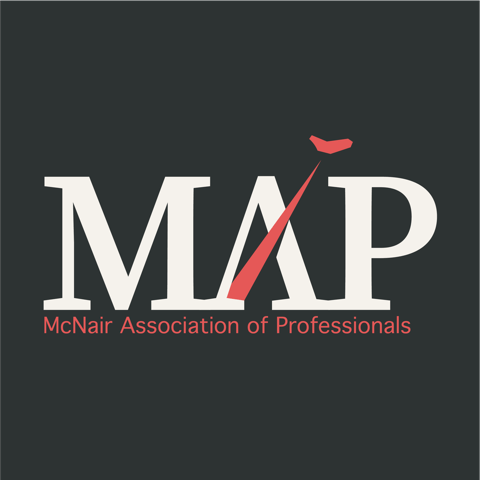
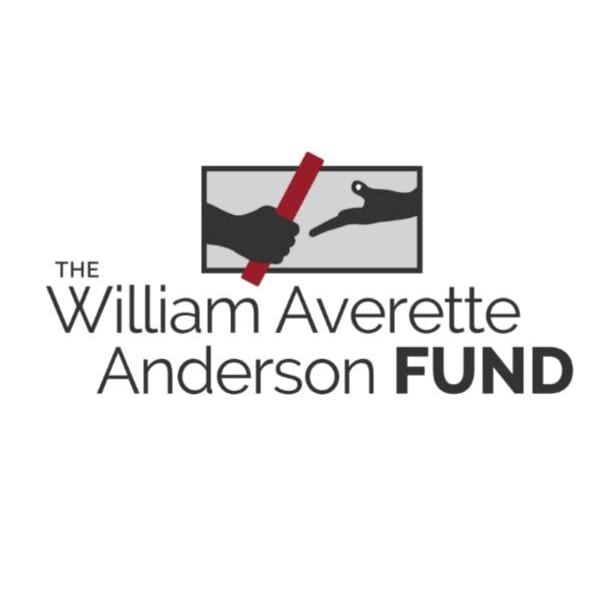
- McNair Association of Professionals: Directors of chapters of the Ronald E. McNair Postbaccalaureate Achievement Program. At 151 institutions across the U.S., the McNair Scholars Program is designed to prepare undergraduate students from underrepresented groups for doctoral studies through involvement in research and other scholarly activities.
- Bill Anderson Fund: A charitable organization mitigating disasters through fellowship, mentorship, and research with disaster-affected communities.

